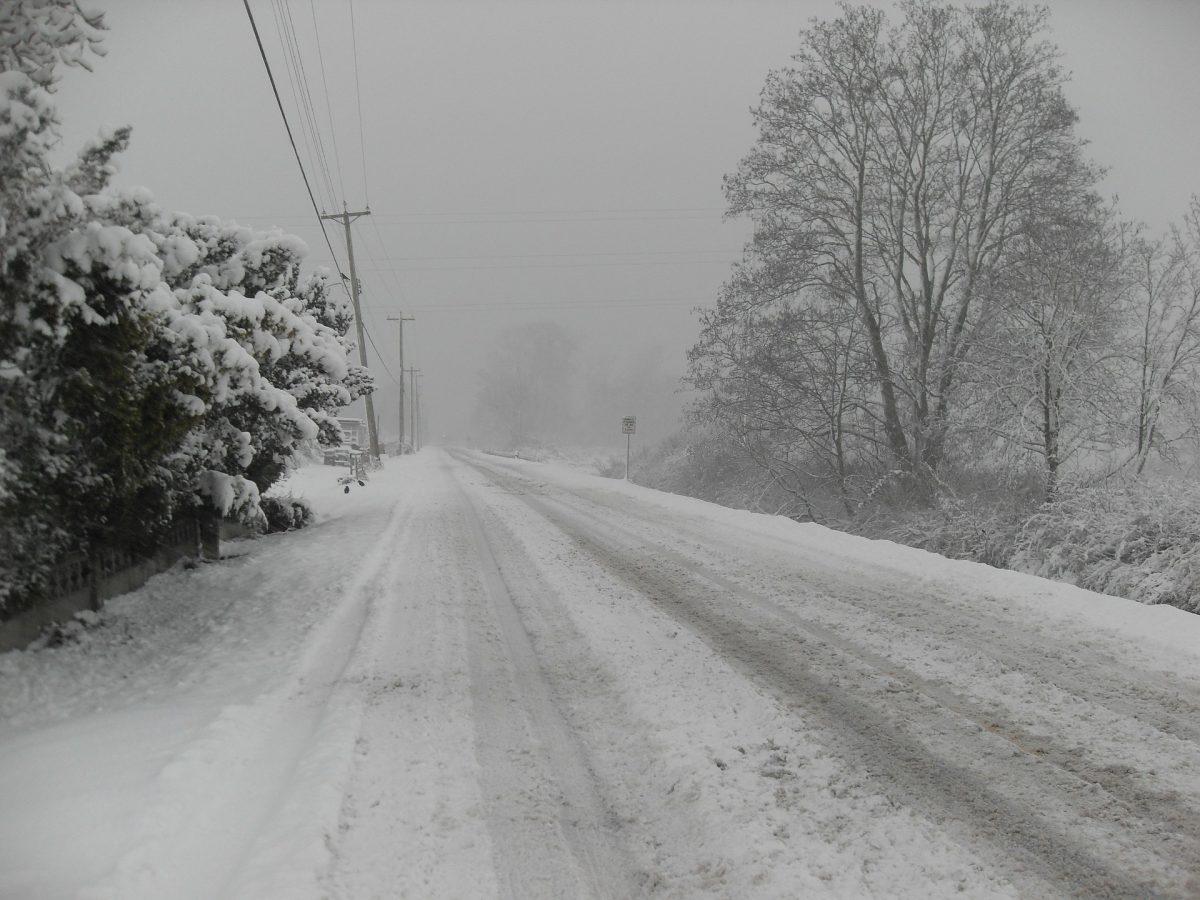As the doors to Wellesley College opened to usher in spring semester, the Northeast welcomed back college students with a record snowfall — 40.2 inches in seven days and around another foot of snow this past weekend.
While snow days are usually fun surprises, with canceled classes and extra time to sled down Severance Green or watch Netflix’s latest additions, they are a logistical and safety concern for many College employees.
During our snow days — and even on days when the roads remained unsafe — dining hall workers were not reprieved of their responsibilities and were still expected to work. The Wellesley News Editorial Staff strongly believes that our dining hall employees should not have to work or be asked to work during snow days.
Rather, they should, like most employees, enjoy their day safely at home with their families. In the Northeast, we recently experienced the worst snow conditions in 114 years. Many academic institutions closed their doors, certainly not on the principle that students should enjoy the snow, but because it was not safe to travel. Department heads at Wellesley reserve the right to decide whether professors should trek to school in whiteout conditions to hold lectures. On Tuesday and Wednesday of the first week of classes, Wellesley College decided it was not safe to travel, and that classes could be rescheduled at a time when traveling was low-risk.
However, this safeguard was not extended to many employees, including the dining hall workers who are deemed “essential employees” by the College.
On Jan. 10, the Independent Maintenance and Service Employees Union of America posted a “Dining Service Emergency Closing Petition” on its Facebook page. The petition discussed how commuting during weather emergencies is treacherous. When Governor Charlie Baker declared a travel ban on Tuesday, dining hall workers were banned from driving; only first responders, hospital personnel, private plow drivers and the media were allowed to travel.
On Wednesday, despite the College’s closure due to travel safety concerns, dining hall workers were asked to resume working. Of course, the dining halls were open on both Tuesday and Wednesday. Despite a negotiated collective bargaining agreement stating that those “who are expected to report to work but cannot do so because of a declared state of emergency will receive their regular straight time pay,” dining hall employees who could not report in on Tuesday were unfairly denied pay.
Dining hall employees are expected to work on snow days and they are only paid if they take a vacation day, regardless of the fact that it is a snow day. Furthermore, many employees who worked on Tuesday had to spend the night at Wellesley due to the length and danger of travel; they slept on cots in the dorms and in the Lulu.
It is our opinion that dining hall workers should not be asked to travel in high-risk situations in order to prepare food for the College’s students. As one of the lowest-paid employees at Wellesley, dining hall employees often live paycheck by paycheck. Dining hall workers should be paid regardless of whether or not they can make it, and continue to receive 2.5 times their salary if they are able to come in.
As with any crisis, weather emergencies have the potential to promote a sense of community. However, it is unfortunate that Wellesley allows workers to risk their lives traveling in order to perform a nonessential duty of food preparation for students who are competent enough to feed themselves.
Even if the administration maintains that food preparation is essential, it must lead by example and respect the safety and livelihoods of dining hall workers by ensuring fair compensation for their services.
Photo Courtesy of Creative Commons


